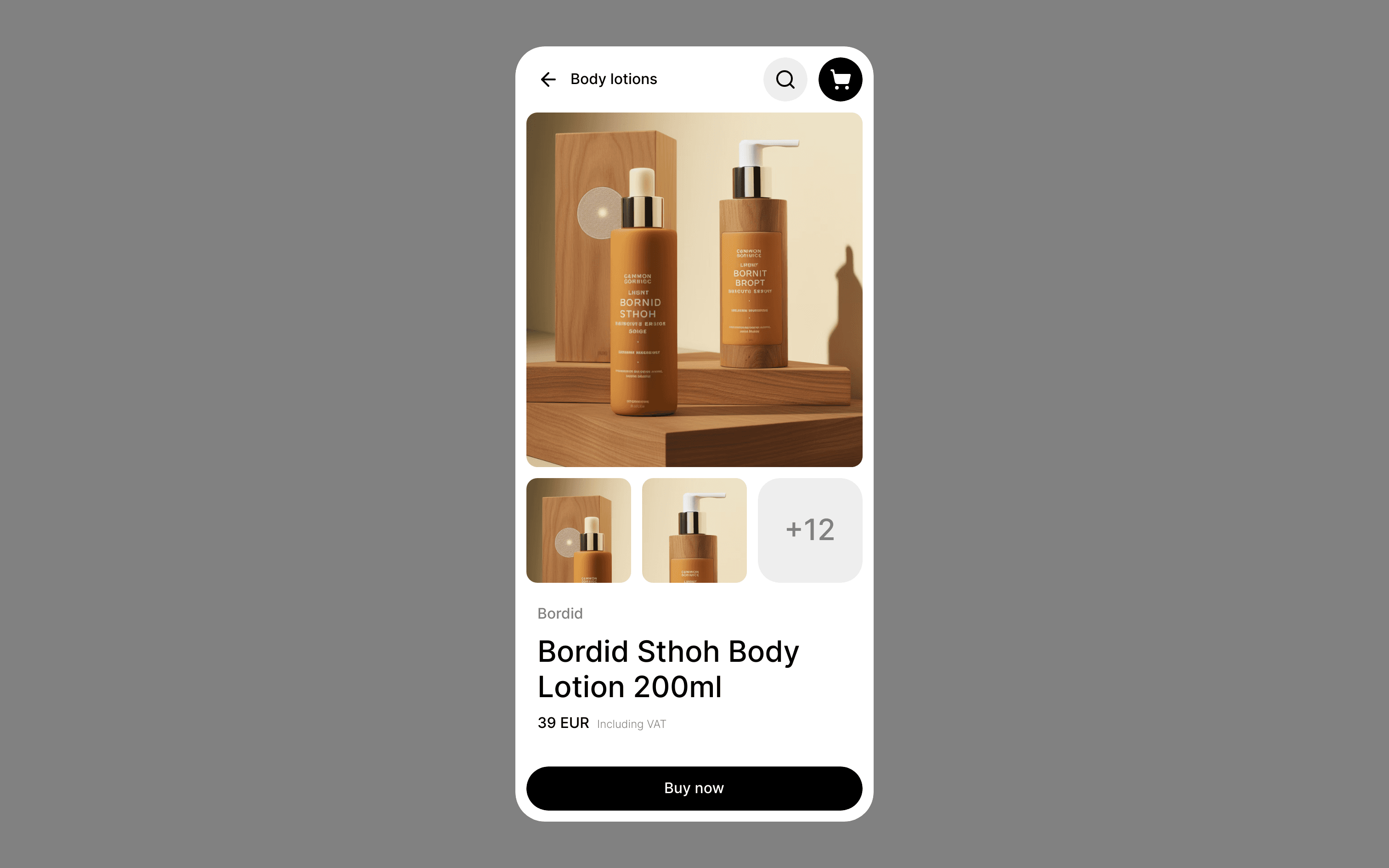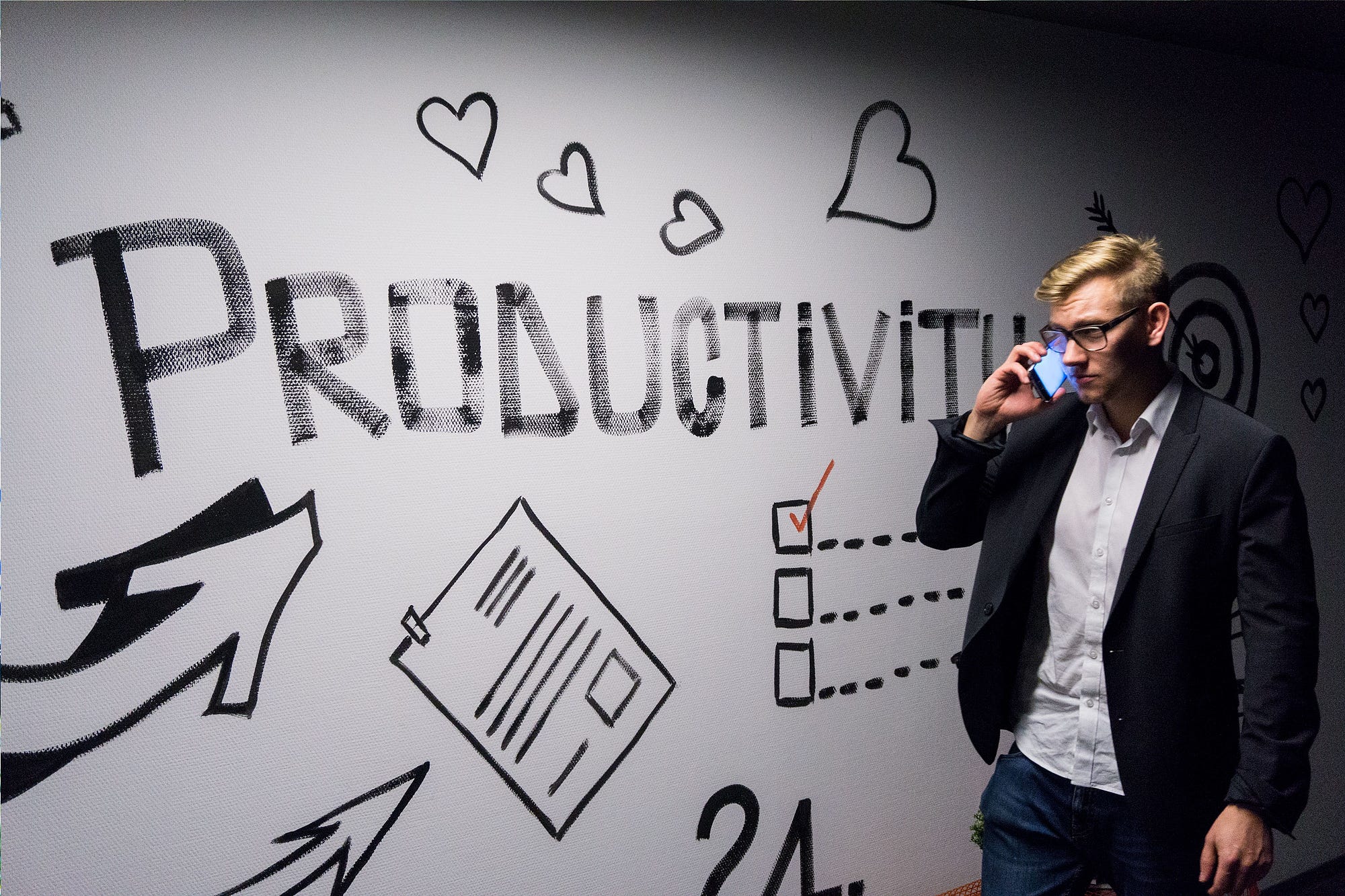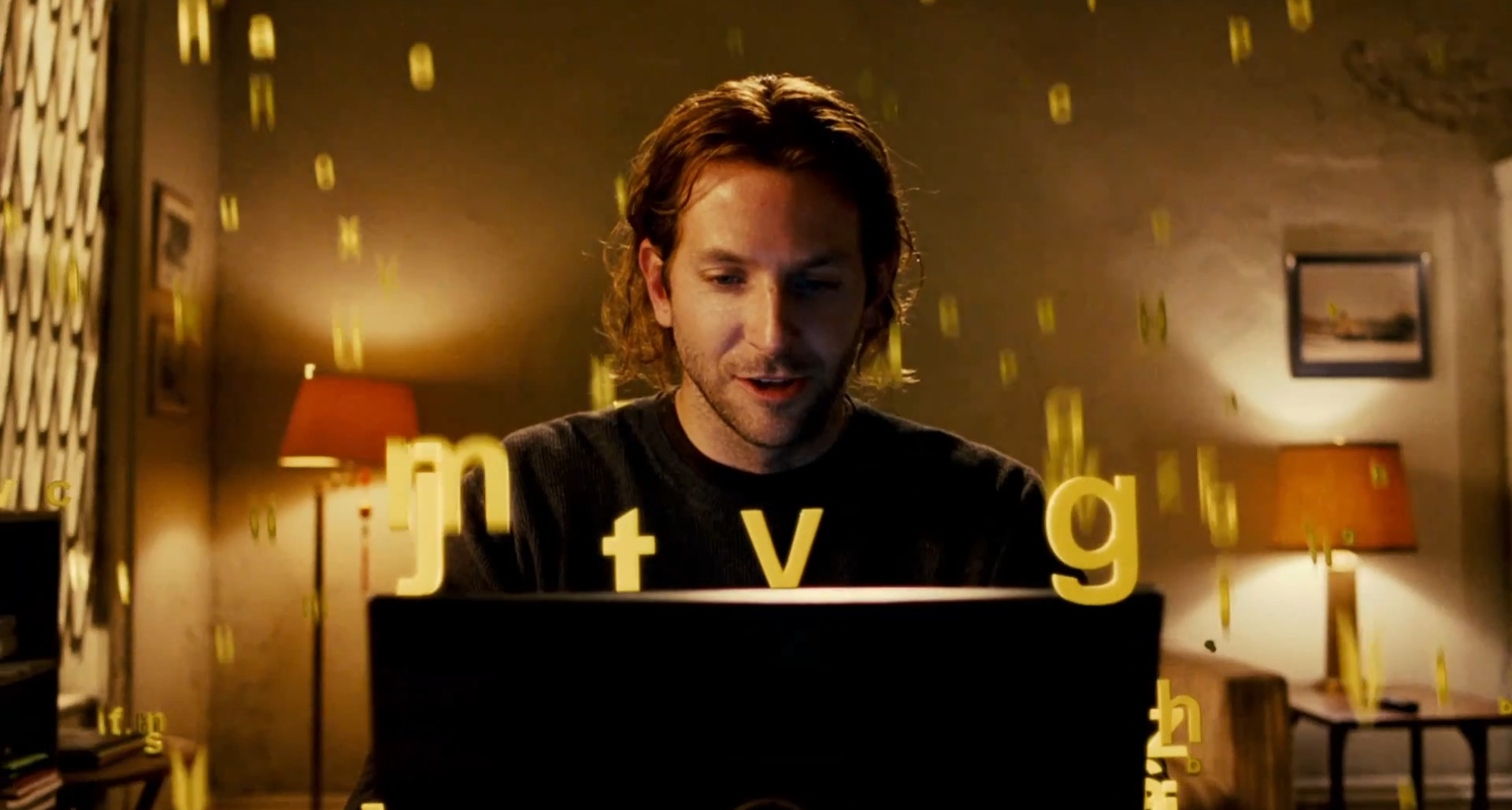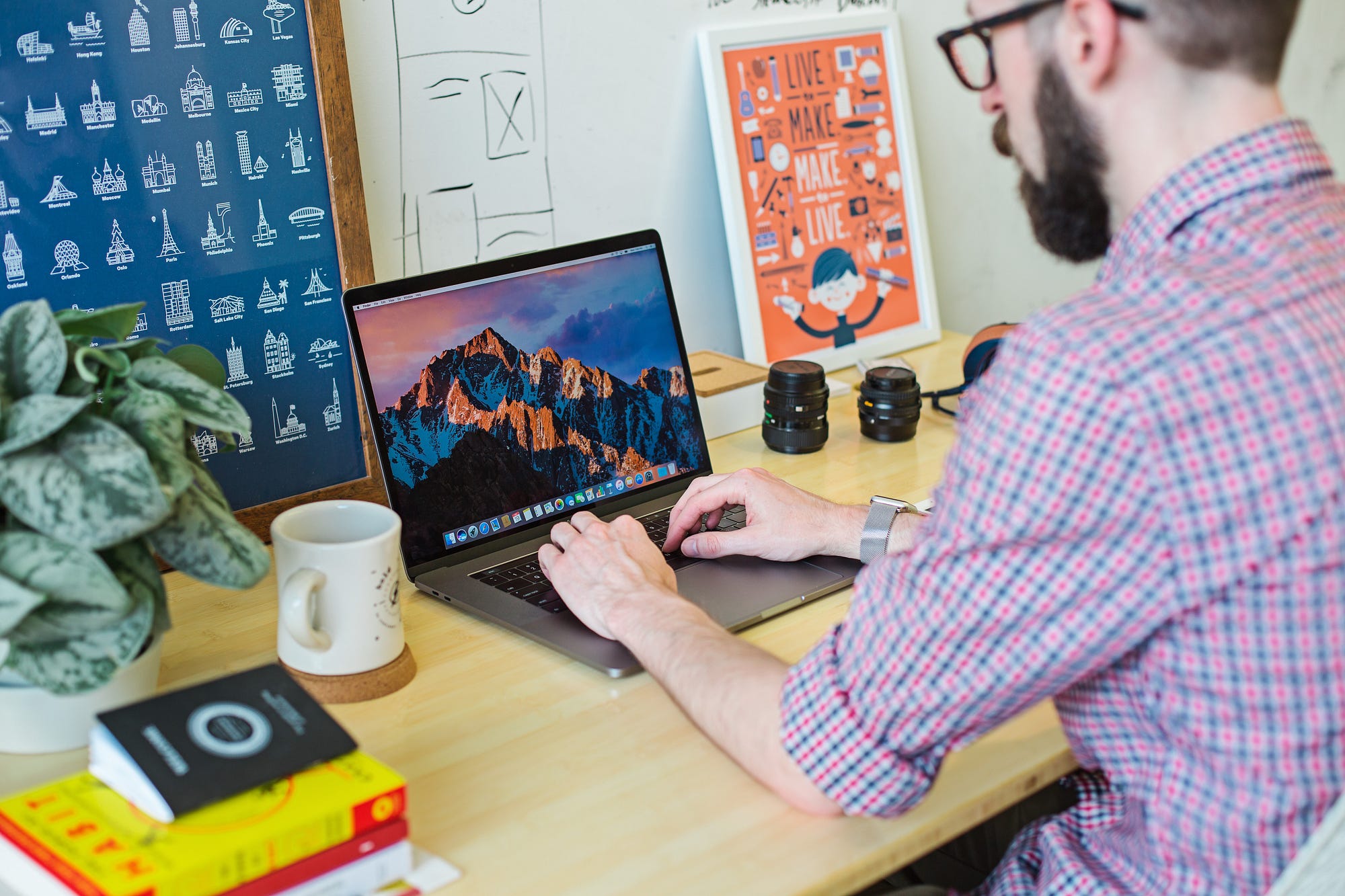Build Design Systems With Penpot Components
Penpot's new component system for building scalable design systems, emphasizing designer-developer collaboration.

medium bookmark / Raindrop.io |

I sent my private newsletter a couple of days late last week. I mentioned that the reason it was late was because I was “extra-busy”. Of course, that’s normally the case when you’re running a high-end design studio with a handful of customers, managing a long-running startup, building 2 new products, brainstorming a new startup, running a meetup community, managing a personal brand and maintaining a weekly newsletter.
Anyway, I received a reply from Brendan Connaughton that I found rather interesting. It’s pretty normal to receive requests for generic advice like “how do I stay focused”, “how can I tackle so many projects at once”, “how do I keep motivated”, etc… but this question was very much aimed at how I operate:
Just wanted to say I’m really enjoying the newsletter.
I’m impressed you’re able to work across multiple projects with different focuses — it’s something I’m working on at the moment, but certainly finding challenging. For example, I’m teaching myself Python with Treehouse at the moment, but can’t help find myself getting distracted / overwhelmed with all the applications and it’s restricting my progress.
If you don’t mind me asking, any strategies in particular that you’ve found to work well? I think I need to block myself from accessing YouTube…
– Brendan
I didn’t want to suggest cliche things like “check emails only in the afternoon” or “do your best work in the mornings” since that doesn’t work for everyone. My peak hours, for instance, are from 8pm to 2am… probably because the world’s gone to sleep. So I had a think about what keeps me going.
The problem for me isn’t finding work to do — I always have too much. Multiple projects is actually something I’ve been struggling with as well lately. The real problem comes from tackling enough large things at once that you start feeling lethargic due to the amount of things that need completing. The problem is staying motivated and not burning out.
So, below is a list of things that I personally do or use to keep working at a highly productive pace. I hope you find at least one of them useful!
It’s well-known fact that if you break a big project down into smaller steps, it immediately becomes more manageable, from a technical and emotional standpoint. But what’s interesting is if you combine this with the idea of breaking down your calendar into 15–30 minute increments, these project items actually become your day, reducing the cognitive effort to manage the project steps from a time perspective on a daily basis.
Basically, it’s easier to not get distracted if you let your calendar tell you what to do. I just have to line up a week’s worth of work in 30 minute blocks on a Sunday (Apple Calendar does weird overlaps if you do 15 minute blocks) and by the end of the next week, I’ve tackled at least 100 actionable items.
Sometimes you’ll get to the end of the week and not see much progress overall. That’s totally fine — consider treating your work like an agile team and run a retrospective. Remember your end goal and figure out whether the work you did actually contributed towards it and by how much.

Make this thing your god.
The concept of small, actionable items is going to become a literary motif during this article and your emails are no different.
There’s a concept called Inbox Zero. It’s a rigorous approach to email management aimed at keeping the inbox empty (or almost empty) at all times. Inbox Zero was developed by productivity expert Merlin Mann and was popularised by the famous email app acquired by Dropbox — Mailbox.
Email apps implement “Inbox Zero” with the concept of the 4 D’s of time management: Do, Done, Delay and Delegate. The idea here is that with every email that arrives in your inbox, you open it immediately and do one of four things:
I’m currently using Newton — an incredibly reliable, cross-platform email management tool. On top of email management, it also lets you see the social profiles of people emailing you, manage multiple inboxes simultaneously as a single feed, informs you when and where your emails have been read and even let’s you “undo” emails that are about to send (if you’ve made a mistake). But my favourite part of Newton… it doesn’t break. It doesn’t crash. It doesn’t ever screw up.
I highly recommend it.
Managing your time down to the minute and taking so many projects on can have adverse affects on the brain. I’m occasionally hit with anxiety or a panic attack when my brain requires attention on too many things at once. But the trick to avoiding these situations is not always about encouraging your body to be more alert and productive. Sometimes it’s about refocusing and remembering to ask the right questions.
I practice meditation whenever possible. It’s not really about finding your inner peace or spiritual enlightenment or whatever… it’s just about letting go of the sudden wave of anxiety and re-focusing on the bigger picture.
Then, instead of questioning the emotional aspects of work such as the time constraints and stress, literally forget it and start asking questions like:
As a side note, working more hours isn’t always the answer either. I used to love the idea of working constantly because I believed the logic behind “more time spent means more work completed”. That’s not at all the case — I stopped doing 18 hour work days and swapped skipping meals for a peaceful smashed avocado breakfast with an espresso every morning. Because I’m so focused for a limited number of hours per day I’ve started making use of my resources and getting work done smarter, not harder.

Breakfast from a great cafe is the best.
Nootropics are a category of “smart drugs” — cognitive enhancers aimed at improving memory, encouraging alertness and reducing distraction. They were popularised by the 2011 American science fiction mystery thriller film “Limitless” with Bradley Cooper. In summary (plot spoils coming up), he comes across a smart drug that lets him access 100% of his brain, allowing him to write a complete book in 3 days, learn 6 foreign languages, conquer Wall Street, making millions of dollars in just a few days.
The closest drug to the fabled NZT-48 from the movie is Modafinil and to be honest, it works pretty damn well. I’ve used it many times — no crash, no addiction and no side-effects. Just blasting through hours of work without having to look up from your laptop. Only problem I get is forgetting to drink water, so sometimes I get a bit dehydrated afterwards.
Then there’s caffeine — it’s not a nootropic since it stimulates the central nervous system to increase one’s alertness (i.e. a stimulant). I have a double espresso every morning, but nowadays it’s just for the flavour. I’ve also been trying out Shine+ recently — Australia’s first drink developed to support brain function and health. It combines a number of natural, functional ingredients that have been clinically proven to improve concentration, working memory and mental capacity. In my opinion, it does a pretty good job as well.

NZT-48… if only.
The biggest problem with trying to work on something is context switching. It’s a popular term in agile team management that basically means jumping between various, unrelated tasks. It haemorrhages your productivity through constantly switching mindsets or, more commonly, the contexts of tasks.
I’m not a big fan of multitasking at all and much prefer the concepts of deep work — the ability to focus on a piece of cognitively-demanding piece of work without distraction. I think it’s a skill based on two important factors: your ability to work on a certain task for hours on end without being distracted; and your time-given opportunity to do so.
One of the biggest time-sucks is unnecessary meetings. Here’s a tip: run ruthless meetings. Talk about everything you need to for 5 minutes maximum each topic. It’s like Twitter — constraints enforce brevity, encourage creativity and promote getting to the damn point. My coffee meetings go for 45 minutes max and team meetings for 30 minutes max. Only do a couple a week. Still too basic? Okay, try this:
If your team is that fucking dysfunctional that they need constant supervision from you and meetings to touch base with each other, consider firing them or yourself. Either your team is discouraging constant communication between themselves, or you’re micro-managing them.
The reason I crave deep work is because it’s not always readily available — I have between 10 and 15 coffee meetings a week (existing clients, old friends, new leads) and they can really disrupt your workflow if you let them. I try to organise all my meetings back-to-back on certain days. It means that 3 days a week I can be in deep work mode and not talk to anyone; and with the other two, I can focus on being my charming, articulate self (I wish).

Like this, except I’ll actually be doing something.
These are the biggest contributors to my productivity. This doesn’t mean I’m doing it perfectly and to be honest, I don’t even think I am. Even though I get a lot done, I still spend my day in a frantic blur of e-mails, coffee meetings and social media, so there’s always room for improvement. Some runners-up would be:
Have a search on Google. You can find plenty more life-hacks, productivity tools and concepts to assist you in getting more shit done. Have something unique? Let me know what you personally rely on for productivity!
AI-driven updates, curated by humans and hand-edited for the Prototypr community